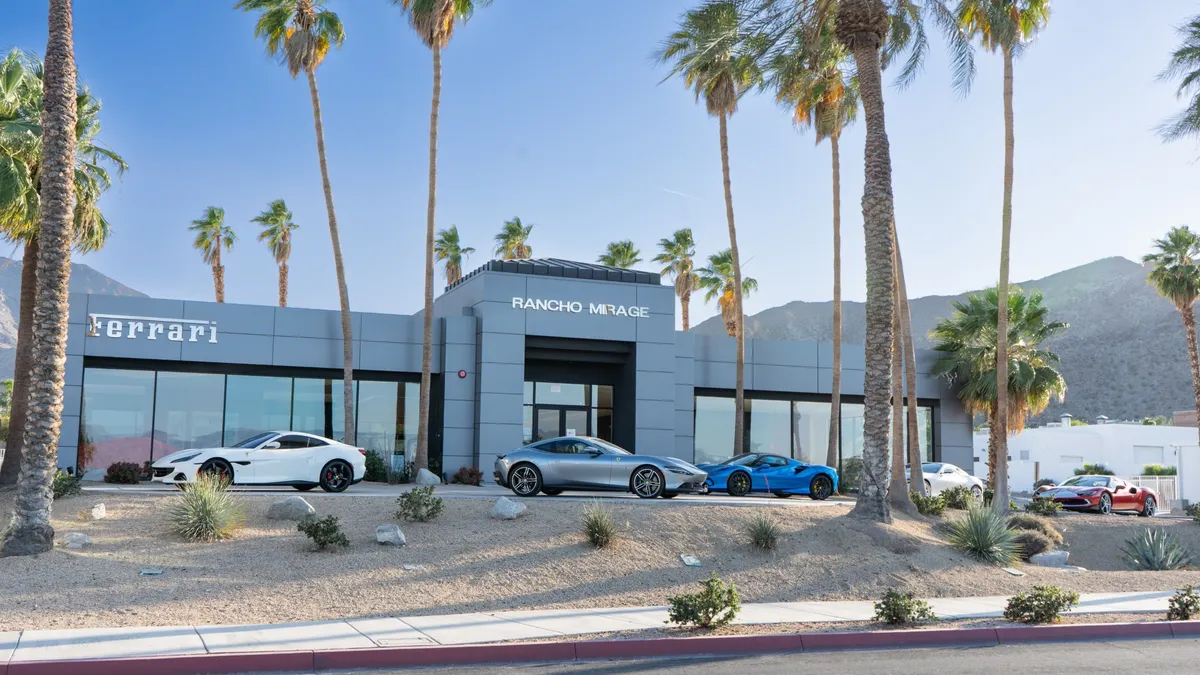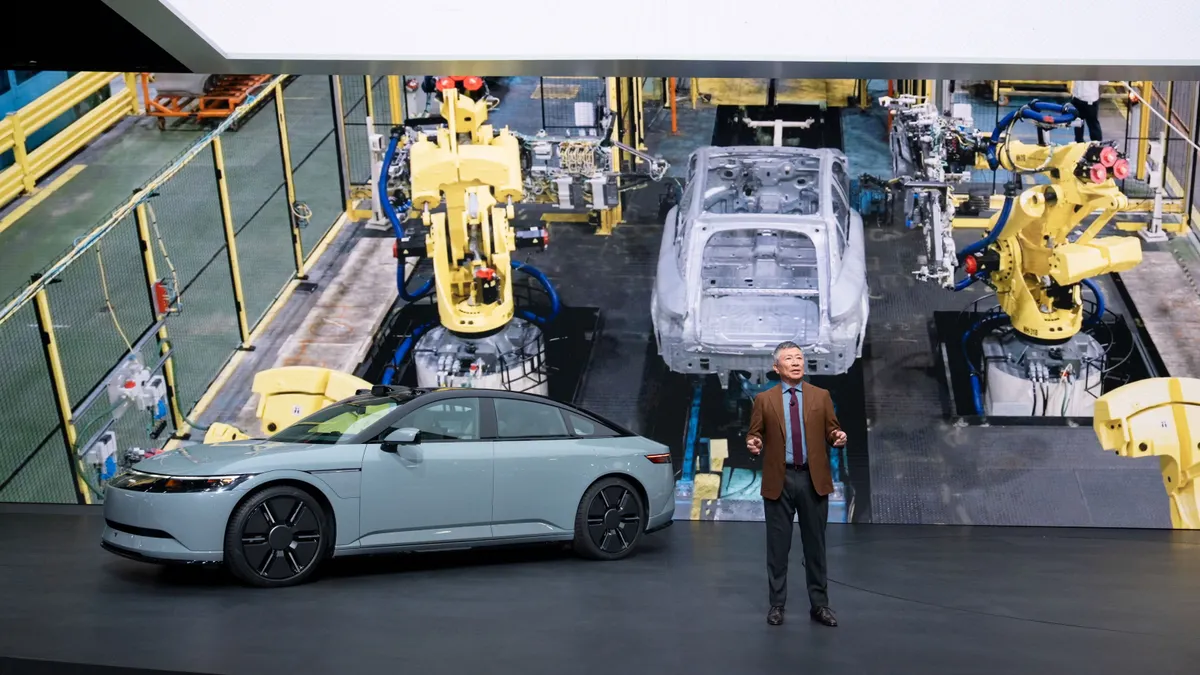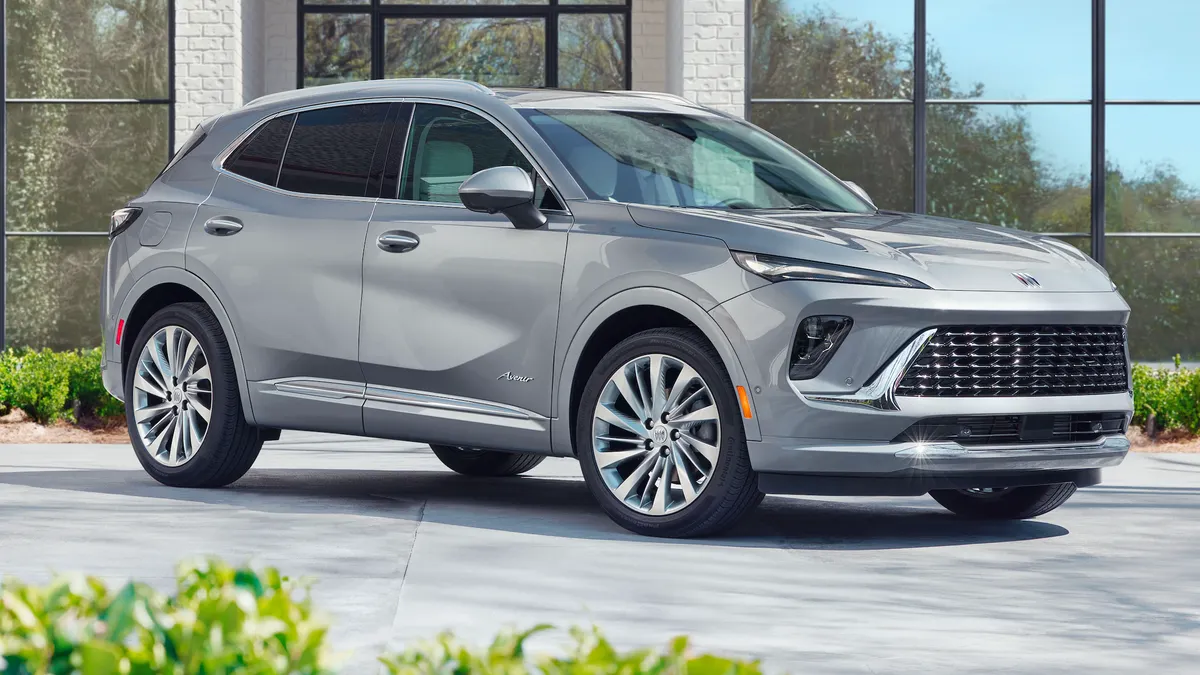Editor's note: This story is part of the WardsAuto digital archive, which may include content that was first published in print, or in different web layouts.
DETROIT – The North American auto industry has strung together several solid years in terms of vehicle production, sales and profitability, but it’s not all unicorns and rainbows in other parts of the world.
Just ask Stefan Sommer, CEO of ZF Friedrichshafen, soon to be one of the world’s largest automotive component producers after acquiring U.S.-based TRW. That $13.5 billion deal is expected to close by June.
Sommer looks to North America and Asia as “engines of growth” for the company, with regional sales up about 19%, but South America has been a source of headaches.
“In Brazil and Argentina, the market is going down and inflation is high. The consumer index is not good,” Sommer says at the recent North American International Auto Show here. “South America is in a very bad condition.”
He refers to a 22% drop in revenue in South America, where ZF works primarily in the truck sector.
Vehicle sales in South America grew for four straight years, reaching 5.6 million units in 2013, according to WardsAuto data. But through the first 11 months of 2014, the continent delivered only 4.4 million new vehicles.
In Venezuela, sales have been falling since 2012’s tally of 130,553 vehicles. That compares with a mere 18,433 units through the first 11 months of 2014.
Such are the risks of globalization, which has been the price of entry for more than a decade for any suppliers wanting to support their customers’ global vehicle architectures. Excellent technology, a skilled workforce, first-rate logistics and state-of-the-art facilities often are not enough to ensure success.
Political unrest between Russia and the Ukraine also is hurting ZF. “We supply agricultural machinery, and the export of food to Russia and the Ukraine really fell down, next to zero, which of course limits investments in agricultural technology,” Sommer tells WardsAuto.
“There are a lot of markets which are currently suffering due to economic and political crises. We also see that the European automotive market is not in a healthy condition” due to stagnant economies and a weak euro, particularly in Southern Europe.
Going Down in Land Down Under
In Australia, ZF invested heavily a decade ago in a greenfield plant after winning its first axle contract with General Motors. The facility opened in 2007 and supplied front and rear axles for GM’s Holden Commodore lineup – as many as 620 axle sets per day.
But that business has vanished as Holden joins Ford and Toyota in abandoning assembly operations, essentially killing Australia’s domestic vehicle industry.
“Unfortunately, we have to follow the overall auto industry,” Sommer says. “If there are no car manufacturers there to produce cars, then as a parts manufacturer it’s the wrong place to be.”
ZF’s limited employee base in Australia now is dedicated to service and the independent aftermarket. “They are serving the end-consumer market, more or less, not the OEM market,” he says. “The logistical costs and transportation costs are too high for us, with cost-sensitive products, to be successful there.”
The global view may be less rosy, but Sommer sees reason to be optimistic overall. “What we do not have is a global crisis like in 2009, with the Lehman Bros. crisis. This is what we do not foresee.”
ZF’s thriving operations in North America and Asia, particularly China, are offsetting losses in struggling markets – and should into the near future.
“We are seeing in North America that if nothing unusual happens, this will last for another one or two years,” he says. “If you look at the car population, the age of cars on the road, the financial markets and demographic developments, these are all positive signs. There’s no indication those growth engines will not work or cover all the bad markets currently.”
ZF and TRW: Tier Zero Supplier
ZF announced the TRW acquisition in September, and TRW shareholders overwhelmingly approved the deal in November. The European Commission is reviewing the purchase. The new company will have annual revenues of about €30 billion ($33.6 billion).
Sommer says the pair-up is necessary for mechanically rich ZF to remain relevant in the pending era of autonomous vehicles. With expertise in electronics, adaptive cruise control, braking, steering and safety technology, TRW is the ideal partner, he says.
“Our employees will be part of a real worldwide leading company. I would even say it’s not a Tier 1 – it’s a Tier Zero supplier. In this regard, we will learn from each other and there will be great job opportunities on a global basis.”
OEM customers are pleased with the acquisition because they see the new ZF as a more potent competitor in the market for self-driving vehicles, Sommer says. “They see that together we are stronger.”
On Sept. 16, the day after the deal was announced, Sommer traveled to Michigan to speak with TRW employees at town-hall events in Livonia and Washington Township. He understands employee concerns.
“I do not see the TRW people being nervous. It’s a lot of change coming to them, but also there will be change for ZF people. But currently nobody needs to be afraid of what will come. The positive elements, the opportunities, either at TRW or ZF, will dominate the expectations.”
As for jobs being eliminated, Sommer says he doesn’t expect that because each company serves different product segments. “There is no threat in terms of somebody on the ZF side doing the same job and now there is a decision – who will continue with this job,” he says. “This we will not have.”
After the recent WardsAuto interview, the Financial Times quoted Sommer as critical of the “golden parachute” payouts that TRW executives could receive if the takeover is completed.
Despite Sommer’s objections, ZF may have to make payments of up to $134 million to TRW board members, according to regulatory filings. TRW CEO John Plant is in line for up to $87.7 million.
Sommer has referred to the payouts, which are common in takeovers of U.S. companies, as unreasonable.


















